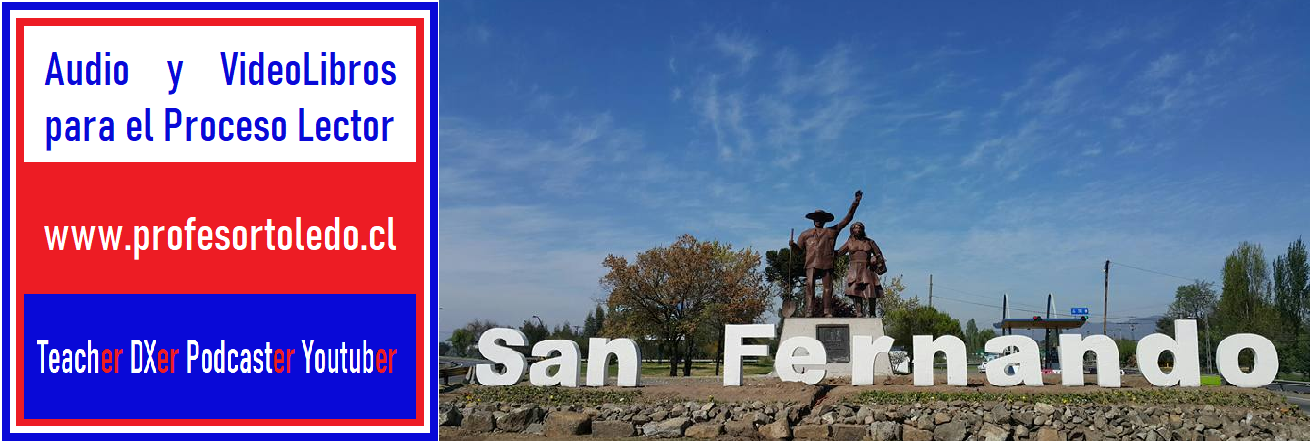Podcasting Profits Tom Taulli, 09.14.05, 6:00 AM ET
LOS ANGELES – Back in 1999, Evan Williams started one of the earliest blogging software companies. His lucky break happened when it took several years for blogging to hit the mainstream. This gave Williams time to develop and tweak his technology. So by 2003, he was able to sell his company–which became Blogger–to Google. In late 2004, Williams started another venture, Odeo. This company’s mission is to develop a Blogger-type system for podcasting. The problem? Well, unlike blogging, podcasting has quickly become a red-hot sector. Many media organizations, such as The New York Times and ESPN, have podcasts. IBM (nyse: IBM – news – people ) is using podcasts for its online seminars. There are even books on the topic. In fact, podcasting is about a year old, getting its start from Adam Curry, a former MTV video jockey, and Ron Bloom. They have their own podcasting startup, called PodShow, which allows for delivery of audio files to a desktop or an audio player, such as Apple Computer’s (nasdaq: AAPL – news – people ) iPod. Why is podcasting so popular? First, podcasts make it possible for time-shifting. Like TiVo (nasdaq: TIVO – news – people ), a user can listen to what they want whenever they want. Next, there is what Williams calls the «long tail.» That is, because it is relatively easy to distribute podcasts, there is a tremendous amount of variety in content. Example: There are pastors using podcasts for parishioners that miss service. Finally, podcasting allows for personal media. Blogging showed that people want to express themselves by writing. Podcasting is the same, but with audio. So, how do you make money? It’s still in the early stages, and revenue at most podcasting startups is likely to be quite minimal. But major venture capital firms–like Kleiner Perkins and Sequoia–have invested millions in the space. They certainly see profits in the future. Stan Sorensenm, senior director of product management and marketing of Melodeo, believes there are four possible ways to monetize podcasting: — Embedding advertising in the audio itself. Basically, this uses the traditional model of radio. — Free and premium channels. This is how many content sites make money. There may even be subscription services, kind of like a magazine. — An enterprise model. This would mean selling sophisticated products to major customers that would have special features, such as security. — Advertising, which is currently the predominant approach. Take a look at GarageBand.com. A former dot-com darling, the company had to be restarted in March 2002. The new leader to turn things around was Ali Partovi, who was the co-founder of LinkExchange (the company was sold to Microsoft (nasdaq: MSFT – news – people ) in 1998 for $265 million). Essentially, GarageBand.com is a platform for indie bands to distribute and promote their music. To submit a song, you need to review and rate at least 30 other songs. Listeners are also randomly selected to review songs. GarageBand.com’s complex technology ranks songs based on the community feedback. In a way, it’s an electronic «survival of the fittest.» And it works, as a number of GarageBand.com’s acts have been signed by major labels This year, Partovi launched podcasting, and it has resulted in a surge in traffic. «I think it is natural to have an ad-supported model for podcasting,» said Partovi. «But I don’t think 30-second ads will work. Ads will need to be shorter, such as even 10 to 20 seconds long. In other words, ads will need to be short enough where it does not make sense to skip them.» So far, the response from advertisers has been overwhelming. In fact, Partovi has been turning away advertisers. Another player in the podcasting space is FinancialContent.com, a provider of stock quotes, charts, news and other datasets. The CEO, Wing Yu, setup a new service, StreetIQ.com, which organizes financial and business podcasts. In terms of making money, StreetIQ.com is starting with advertising revenue. But there are plans to offer premium channels. No doubt, investors and traders consume lots of data. «Our users can dual-task during the span of a trading session,» said Yu. «In other words, an investor can listen to a podcast and make trades at the same time.» While much has already happened with podcasting, expect much more. «We will launch our new product soon,» said Odeo’s Williams. «We will need to evolve it and remix it as we get feedback from our customers. But one thing I do know: Podcasting will be much beyond what we are seeing right now.» Tom Taulli is an adviser to early-stage companies and is an adjunct professor at the University of Southern California, teaching corporate finance and corporate law. He has written several books, including The Complete M And A Handbook (Random House) and Tapping Into Wireless (McGraw-Hill). He can be e-mailed at tom@taulli.com and has a blog at Taulli.com.
